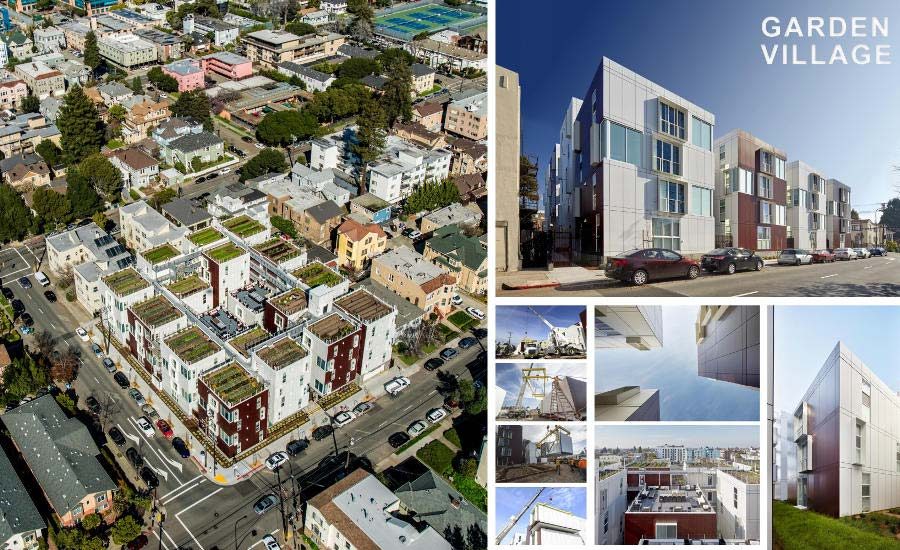AIA Selects Innovation Award Recipients








The American Institute of Architects (AIA) Innovation Awards honor new practices and technologies that will further enable project delivery and enhance data-centric methodologies in the management of buildings for their entire lifecycle, from design, to construction and through operations. The AIA’s Technology in Architectural Practice (TAP) Knowledge Community has selected the recipients for the 2017 Innovation Awards in the following categories: stellar design; project delivery and construction administration excellence; and practice-based or academic research, curriculum or applied technology development.
The award recipients were as follows:
Stellar Design
Bahá’í Temple of South America; Santiago, Chile (Hariri Pontarini Architects)
Set within the Andean foothills, just beyond the metropolis of Santiago, Chile, the Bahá’í Temple of South America is a domed, luminous structure that echoes the rolling topography of the mountains. Its nine monumental glass veils frame an open and accessible worship space where up to 600 visitors can be accommodated. Looking up to the central oculus at the apex of the dome, visitors experience a mesmerizing transfer of light from the exterior of cast glass to an interior of translucent Portuguese marble. At sunset, the light captured within the dome shifts from white to silver to ochre and purple.
The Yard at Chicago Shakespeare Theater; Chicago (Adrian Smith + Gordon Gill Architecture in collaboration with Theater Consultant CharcoalBlue, Construction completed by Bulley & Andrews)
Opened in September 2017, The Yard is a next-generation performance venue that reflects Chicago Shakespeare Theater’s multi-faceted artistic vision. Consisting of approximately 35,000 sq ft, the project introduces a new flexible theater that can be configured into a variety of shapes and sizes with audience capacities ranging from 150-850. A new two-story entrance lobby connects to the existing theater and features a custom electrochromic façade that mitigates glare and heat gain by gradually tinting as sunlight passes across the southern face.
Project Delivery & Construction Administration Excellence
Garden Village; Berkeley, California (Nautilus Group & Stanley Saitowitz | Natoma Architects)
Built entirely using modular building technology, Garden Village is an engineering and construction marvel. This cutting edge and intricate development was accomplished using only two module types: Type A, a living/dining/kitchen module, and Type B, two bedrooms/bathroom module. These are joined in two combinations to create an entire project of only two unit types, four bedroom units and two bedroom units. The two modules are developed and perfected like in the automobile industry, where every detail, drawer, handle and finish is refined in full size mockups - something seldom possible in architecture, resulting in high quality and 20% cost savings.
Practice-based or Academic Research, Curriculum or Applied Technology Development
Reality Capture Workshop; Detroit (University of Detroit Mercy School of Architecture)
Reality Capture Workshop is a long-term project to produce a complete digital documentation of a historical city of Volterra, Italy and a methodology for the information dissemination. The project utilizes the 3D laser scanning and photogrammetry to record precise spatial data which will be used for research, presentation and preservation of the city history. Since its start in October 2016 the workshop already supplied data which became a foundation of a very significant research in the area of archeology and architectural history. It became an interdisciplinary research tool, connecting the academia, historical preservation administration, professionals, and corporate partners.
For more information, visit www.aia.org.
Looking for a reprint of this article?
From high-res PDFs to custom plaques, order your copy today!










